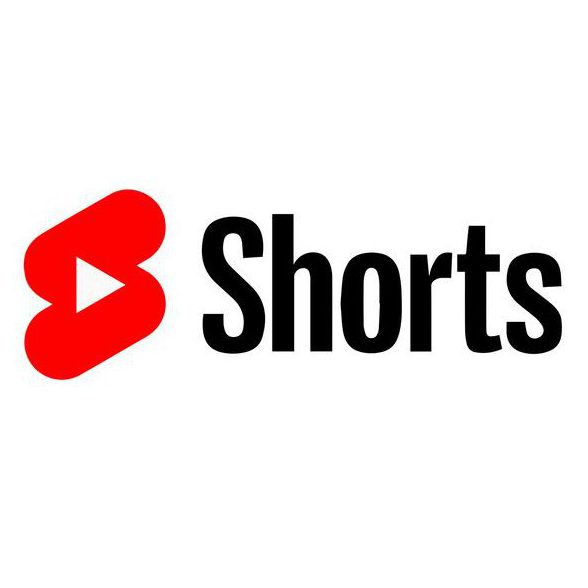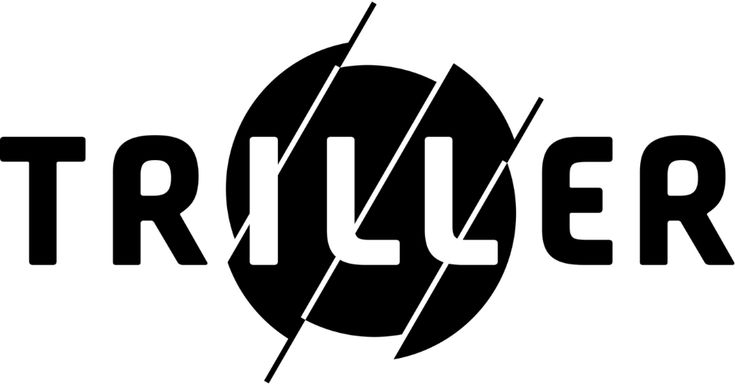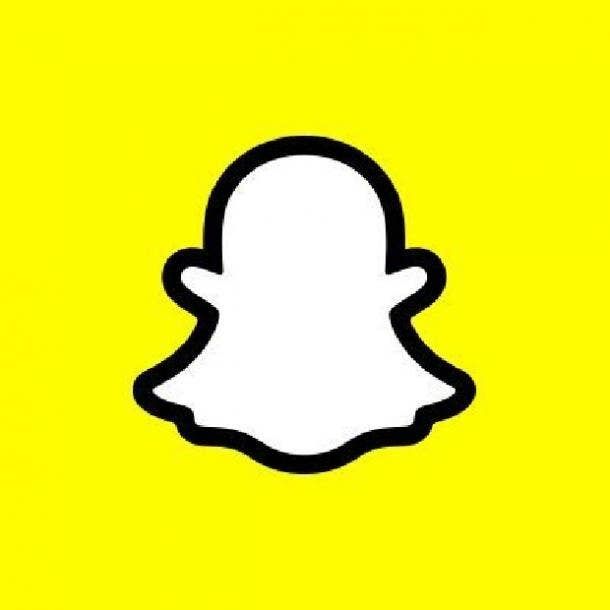The U.S. government’s decision to ban TikTok has sparked significant controversy and legal action. Eight TikTok creators have filed a lawsuit against the U.S. government, arguing that the ban infringes on their First Amendment rights. This legal challenge follows TikTok’s own lawsuit against the federal government, claiming that the ban violates constitutional free speech protections. The law in question, signed by President Biden, requires ByteDance, TikTok’s Chinese parent company, to divest from the app or face a complete ban in the U.S. This legislation was passed amid concerns over national security risks posed by TikTok’s Chinese ownership.
8 TikTok content creators sue the US government over possible ban https://t.co/E6CPhVXF2L
— NBC Connecticut (@NBCConnecticut) May 15, 2024
Drawbacks of the TikTok Ban
The potential ban on TikTok poses several significant drawbacks, particularly for creators and small businesses. TikTok boasts over 150 million U.S. users and drives substantial revenue for more than seven million small businesses. In 2023 alone, TikTok contributed $15 billion to these enterprises. Globally, TikTok has had a profound economic impact, contributing over €4.8 billion to the GDP of several European countries. The ban threatens the livelihoods of creators who have built substantial followings and businesses on the platform. Additionally, many global businesses rely on U.S. audiences on TikTok for sales and engagement, and finding alternative platforms that replicate TikTok’s success will be challenging.

Not only direct financial loss, but banning the app also has many non-materialistic losses such as identity loss. Many creators have found their voice on the platform and banning the app may lead to questioning their self identity. On the other hand, brands have found TikTok as a direct channel to communicate with younger audience and once the app ceases to exist, this may result in abrupt end to the brand-consumer relationship.
TikTok Alternatives to Consider
In light of the impending ban, users and businesses should consider transitioning to alternative platforms before the ban in order to retain the audience from TikTok. Here are five notable TikTok alternatives:
Also Read: Anurag Kashyap Joins Aaliyah Kashyap On ‘Young, Dumb & Anxious’
YouTube Shorts
YouTube Shorts allows users to create short-form videos up to 60 seconds. With a vast audience already on YouTube, creators can grow their online presence more easily. Although ad revenue may be lower, the platform benefits from Google’s prioritisation in search results.

Instagram Reels
Instagram Reels offers a similar experience to TikTok, allowing users to create and share videos up to 90 seconds. Reels are integrated into Instagram’s feed, stories, and Explore page. While as popular as TikTok, Reels are effective for promoting products and brands.

Freepik
Triller
Triller is a robust alternative that allows users to create music videos with transitions and effects. The app features a powerful AI music synchronisation tool and over 100 video filters. Despite concerns about inappropriate content, Triller offers extensive creative options.

PR Newswire
Snapchat
Snapchat’s Spotlight feature provides a platform for discovering trending short-form videos. While its audience is more limited, Snapchat offers unique features like Stories and Snap Map. It also supports real-time chat and creative video segment recording.

YourTango
Likee
Likee is a free app with features similar to TikTok, including lip-syncing, dance challenges, and live broadcasting. The app offers a variety of effects and beauty filters, though it faces privacy concerns and lacks private profile options.

The legal battle over TikTok’s ban underscores the significant role social media plays in modern society. Platforms like TikTok have become crucial for personal expression, business growth, and community building. Government intervention in these platforms highlights the complex balance between national security and free speech rights. As users and businesses navigate these changes, the adaptability of the digital economy will be tested.


